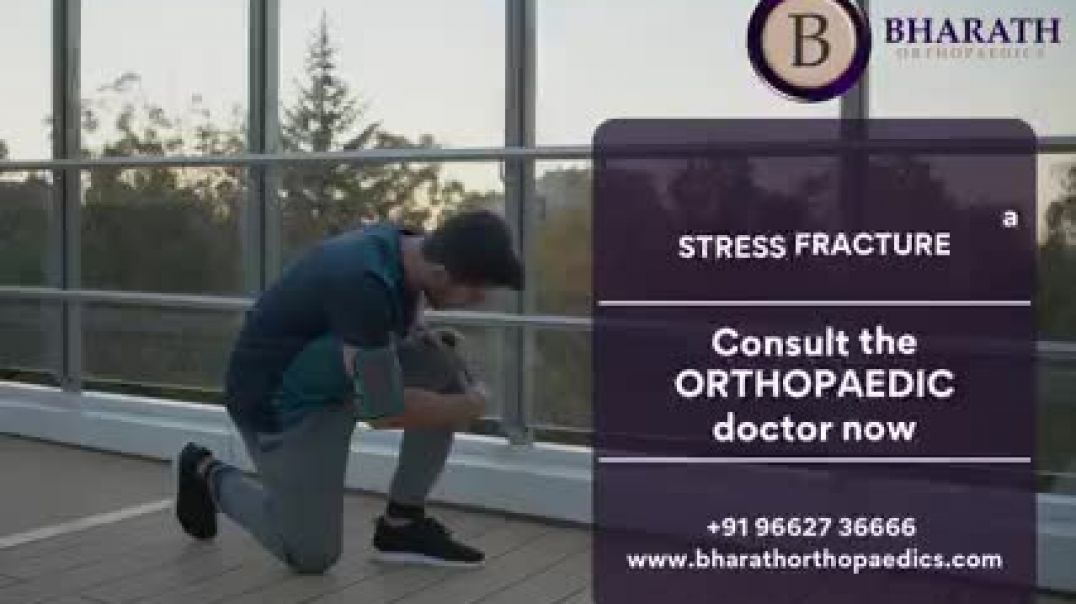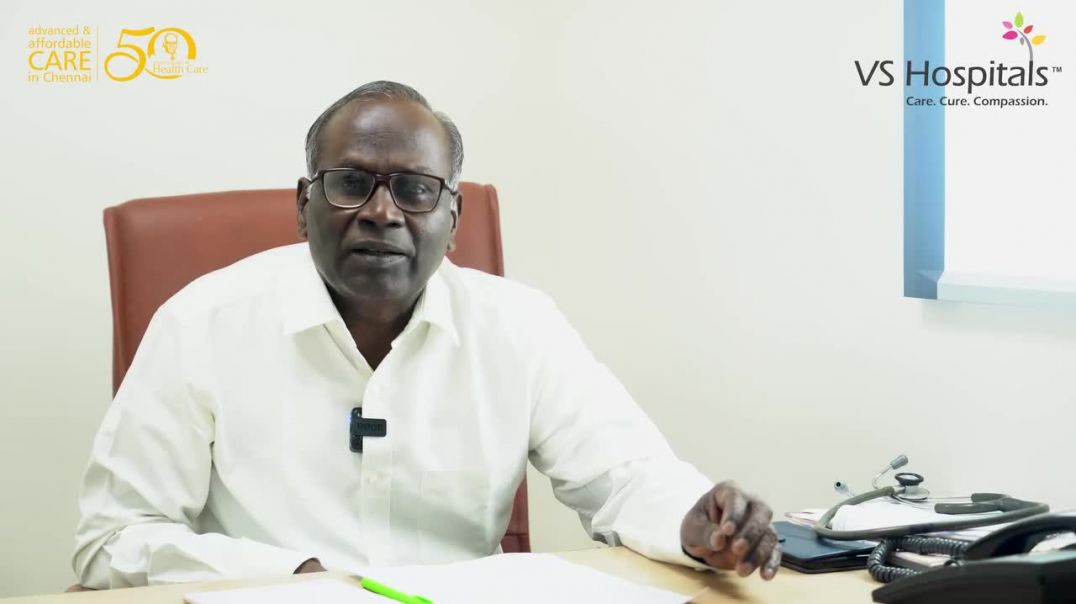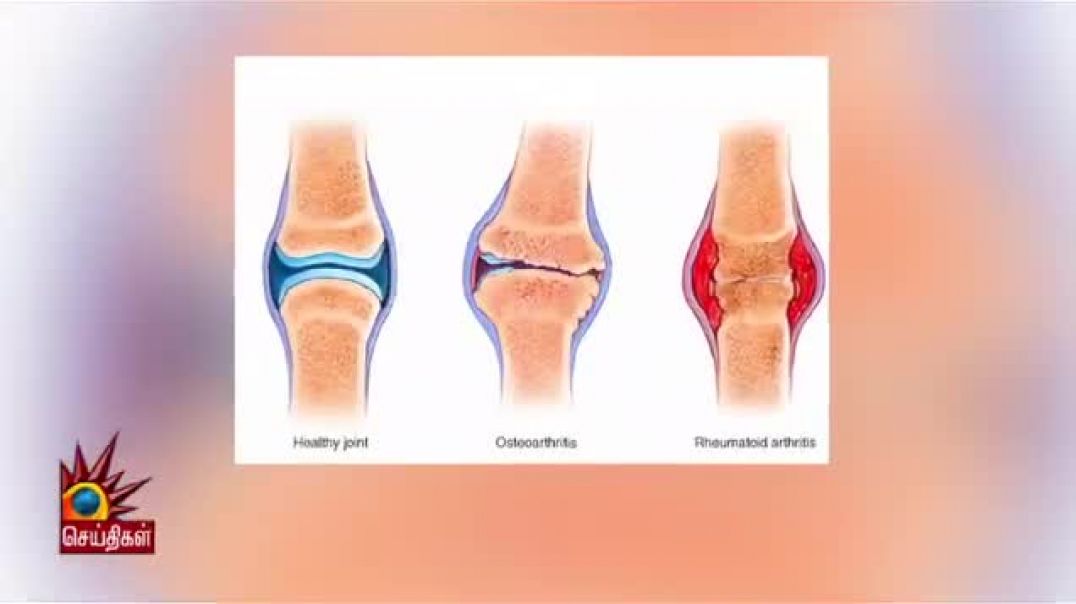Local Relapse after Surgery or Radiation for Prostate Cancer | Prostate Cancer Staging Guide
PCRI’s Executive Director, Mark Scholz, MD, gives an overview of the “Low-Indigo” stage of prostate cancer (also known as a localized relapse) and describes the best treatment options for men depending on whether they have had previous radiation or previous surgery.
:10 Low-Indigo describes relapses in which there is no spread or suspected spread of disease into the pelvic lymph nodes. Basic-Indigo describes when there is suspected spread into the pelvic lymph nodes, and High-Indigo describes when there is proven spread into the pelvic lymph nodes.
:47 Characteristics of Low-Indigo include a relatively low PSA; it must be under .5 for men with previous surgery and under 5 for men with previous radiation. Also, the PSA can’t be rising too quickly. If it is doubling in less than 8-10 months, then that would be a case if Basic-Indigo. The initial stage of cancer is also relevant. To be Low-Indigo the initial stage must be Basic-Teal (favorable intermediate-risk) or lower. The risk of microscopic spread is too high with anything above that. Finally, if an MRI finds proven spread into the seminal vesicles, then that would be a case of High-Indigo.
2:50 For men who have relapsed after previous surgery, “positive margins” are another indicator besides a rising PSA that there is still cancer in the body. A positive margin is when a surgeon finds cancer on the exterior portion of the prostate after it has been removed. As many as 50% of men who have positive margins will never relapse, but some men will require treatment. Studies show that treating a positive margin with radiation immediately after surgery dramatically increases the chance of erectile dysfunction. Thankfully, studies also show that it is safe to postpone treatment, but only as long as the PSA stays below .5.
5:00 For men who relapse after previous radiation it is important to be aware of the risks of getting too much beam radiation and of risks of surgery after radiation. Fortunately, there are at least four other options right now: Salvage seed implants (which are safer the longer it has been since initial radiation), cryotherapy, high intensity focused ultrasound (HIFU), and electroporation. These procedures require highly skilled physicians, especially after previous radiation, and men should make sure that seek out a center of excellence to perform them.
6:13 An alternative to attempting to cure the disease is to temporize it using testosterone inactivating pharmaceuticals (TIP). This option will keep the disease in check and open the door to better treatments opportunities down the road. Studies show that it is generally safe to use TIP as a treatment for Indigo, but it will not cure the disease.
Don’t know your stage? Take the quiz: Visit http://www.prostatecancerstaging.org
To learn more about prostate cancer visit http://www.pcri.org
To download the free Staging Guide visit http://www.pcri.org/prostate-cancer-s...
Who we are:
The Prostate Cancer Research Institute (PCRI) is a 501(c)(3) not-for-profit organization that is dedicated to helping you research your treatment options. We understand that you have many questions, and we can help you find the answers that are specific to your case. All of our resources are designed by a multidisciplinary team of advocates and expert physicians, for patients. We believe that by educating yourself about the disease, you will have more productive interactions with your medical professionals and receive better, individualized care. Feel free to explore our website or call our free helpline at 1 (800) 641-7274 with any questions that you have. Our Federal Tax ID # is 95-4617875 and qualifies for maximum charitable gift deductions by individual donors.
The information on the Prostate Cancer Research Institute's YouTube channel is provided with the understanding that the Institute is not engaged in rendering medical advice or recommendation. The information provided in these videos should not replace consultations with qualified health care professionals to meet your individual medical needs.
#ProstateCancer #Prostate #MarkScholzMD
-
Category






















No comments found